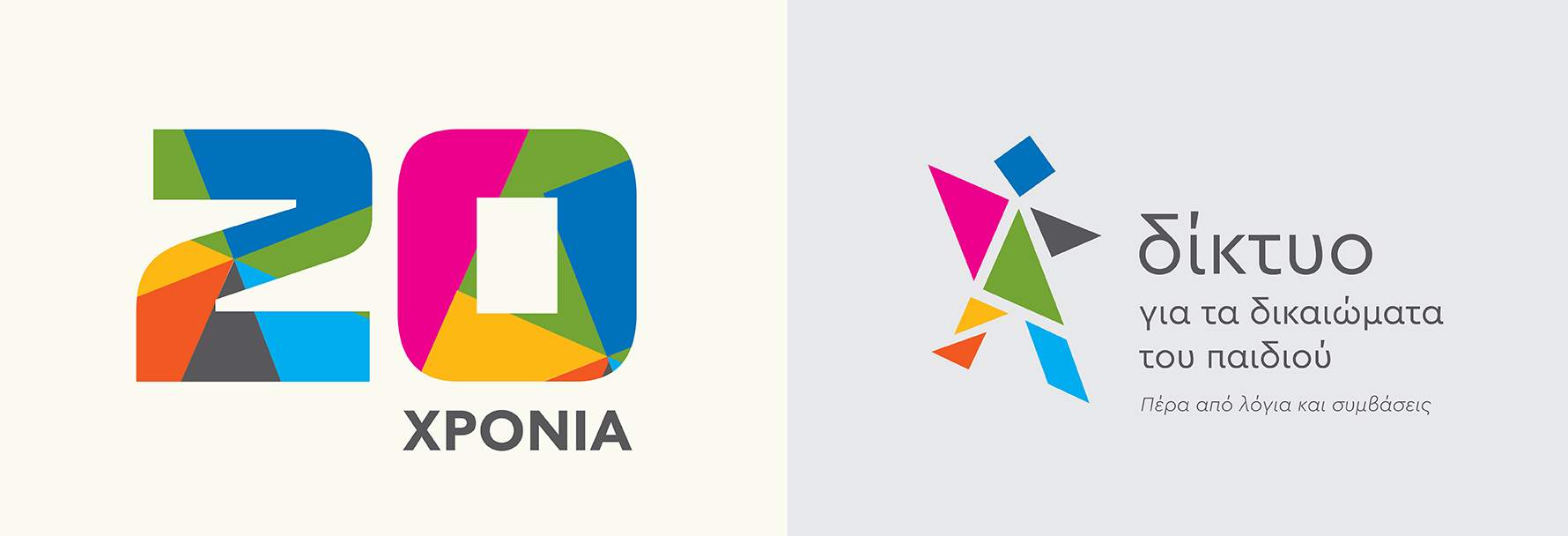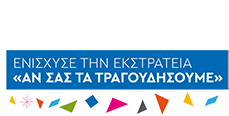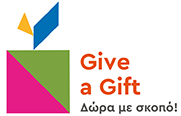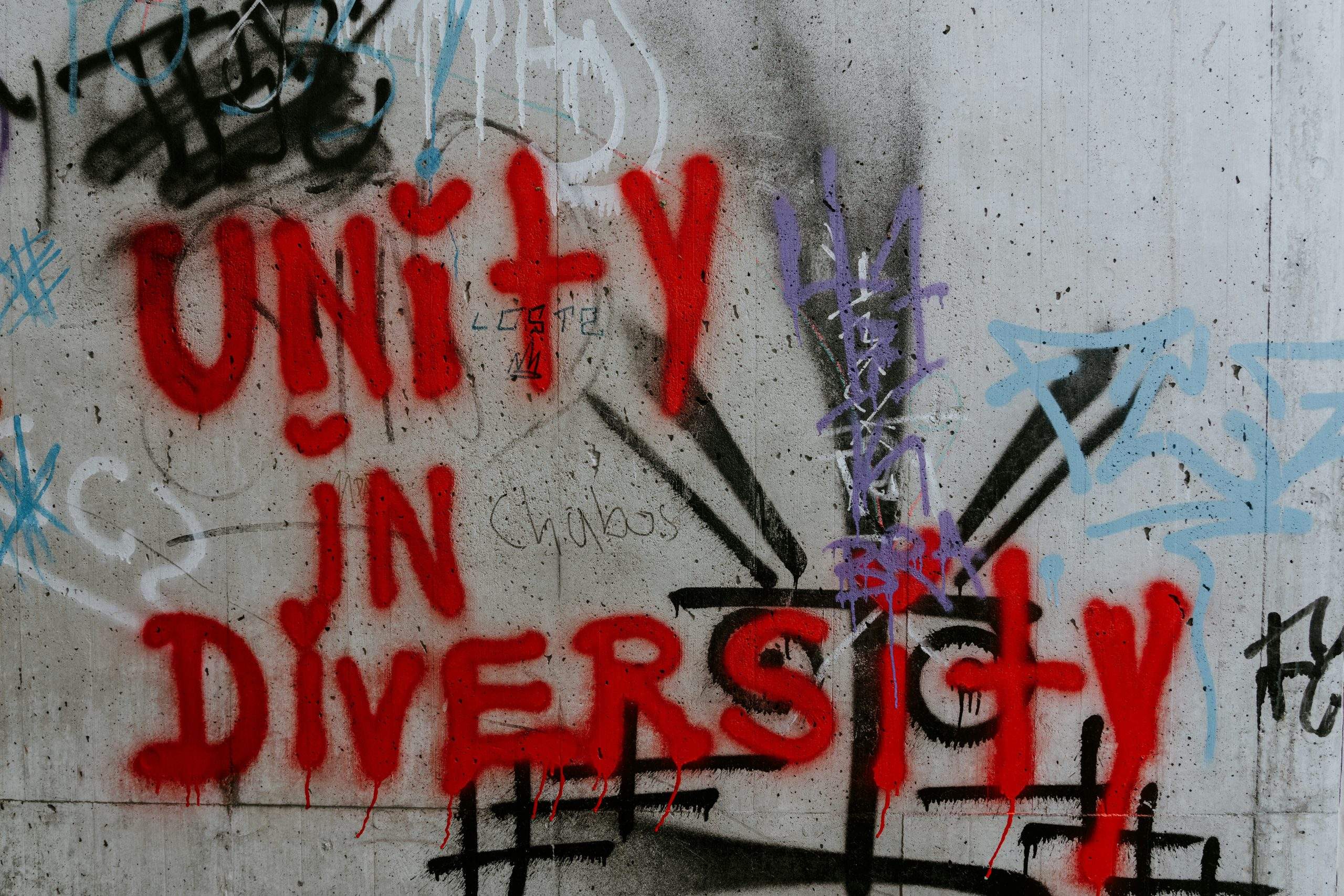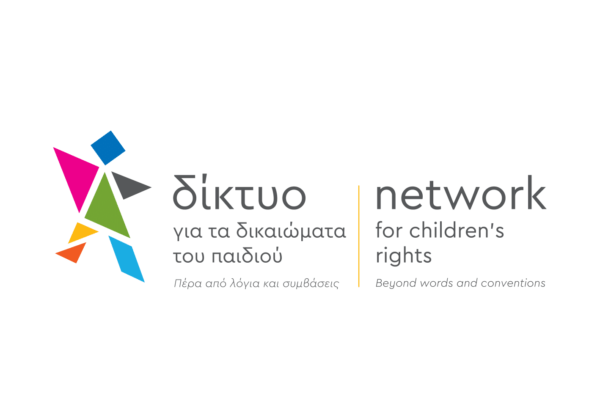By Charikleia Tsiouma
In our time, racism prevails and appears in a variety of situations. Racism has taken quite an active role in our vocabulary and it is now a common phenomenon in our society.
The forms of discrimination are religious, ethnic, political and mainly racial. Initially, they were prejudices based on people’s negative perceptions. This perception undermines the concept of humanity as all human beings are made to differ. Unfortunately, in today’s society color, origin, gender are obstacles to the evolution of human thought, since we perceive them only with negative, older ideas.
In addition, the reasons we keep the term “racism” to this day is the lack of education. Also, the empathy part has disappeared from our lives and thus racism is reinforced. Then, the belief that it is negative for people to differ from each other creates fear and alienation of social groups. Racism, too, can become fascism, especially when it deprives individuals of their right to freedom of expression. It deprives people of their right to equality and is considered a serious violation of their feelings.
The way to deal with racism is possible, because there are now the corresponding bodies to which we can turn. For example, some institutions where we can report and denounce incidents of racism are the UN High Commission and the Ombudsperson. If we are in the position of the victim or in the position of the observer, we must report the incident, for the administration of justice, in order to exercise our rights. In addition, the marches are a practical act and contribute to the solution of this phenomenon.
We conclude, then, that racism is a form of violence that should be condemned by all of us. Each person has different opinions and different characteristics, but it does not mean that they are capable of making us isolated. Our differences are what unite us and after all at the first and last light of the day we are all human.
The article was created as part of the CERV project Efivos in Europe. The EFIVOS II program is funded by the European Commission (CERV), with partners Network Children’s Rights (Greece), CIP (Cyprus), HESED (Bulgaria), GEYC (Romania), Dedalus (Italy), Pacto Verde (Spain), Crossing Borders (Denmark).
Disclaimer The European Commission’s support for the production of this publication does not constitute an endorsement of the contents, which reflect the views only of the authors, and the Commission cannot be held responsible for any use which may be made of the information contained therein.
